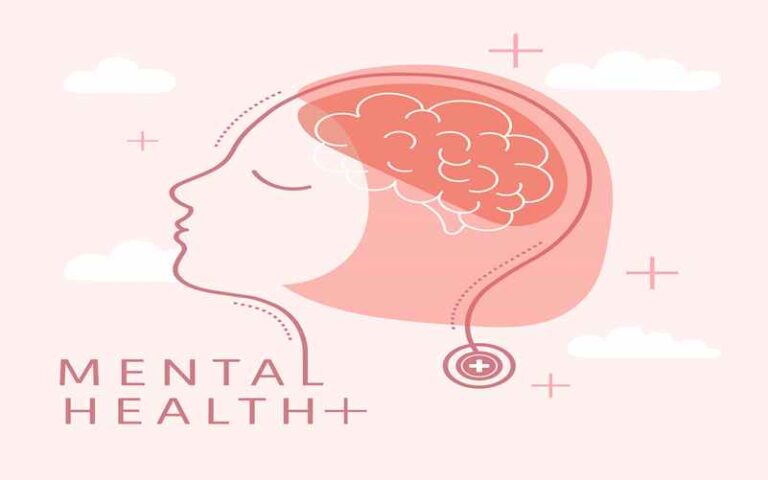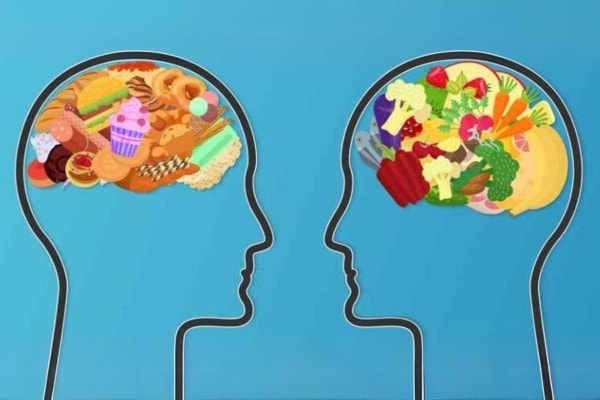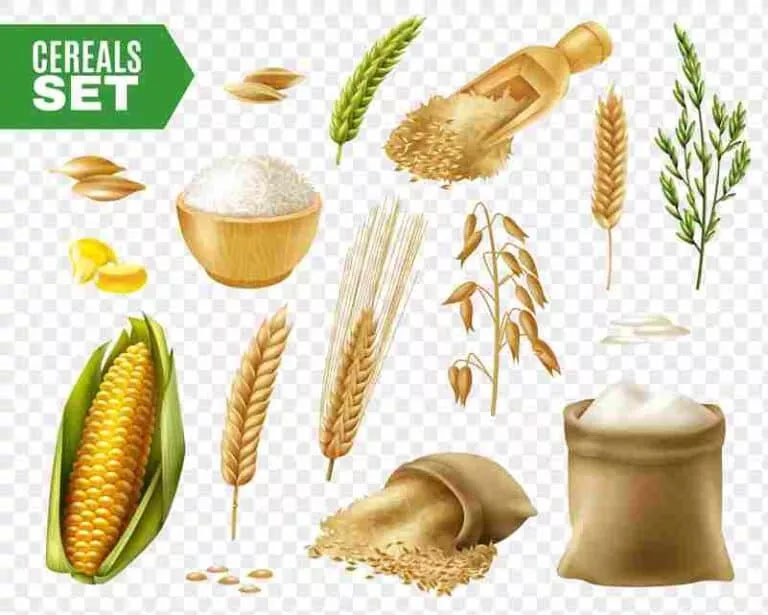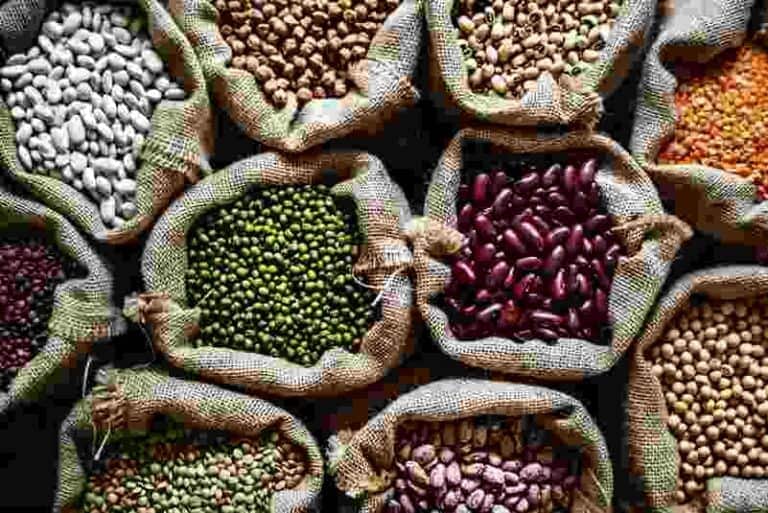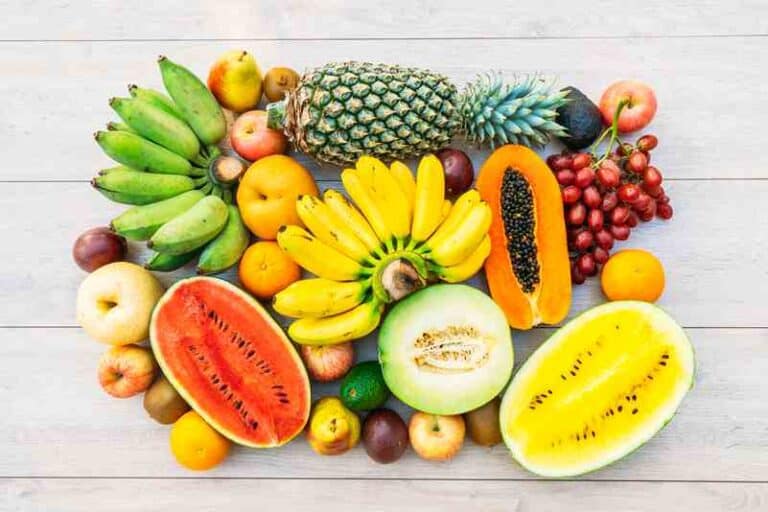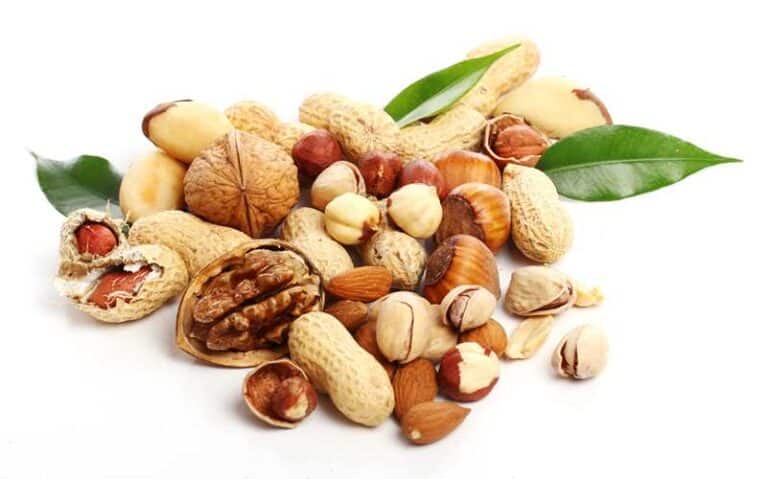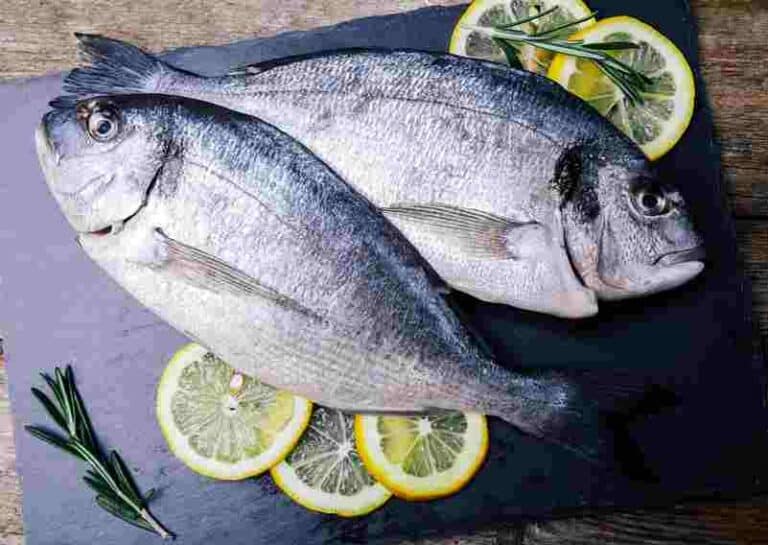How Sharp Is Your Brain?
How likely are you to remember an event that occurred several years ago?
Cognitive decline and memory loss are often considered normal mental conditions in ageing people. But, that is a misconception. Memory loss occurs mainly due to several factors that include mental disorders such as dementia, lifestyle, and diet.
Therefore, leading a healthy lifestyle and consuming mineral-rich foods can significantly prevent or slow cognitive decline and memory loss. This article will focus on the diet proved to boost brain power and reduce dementia, a mental condition – the six best foods to Improve brain power and reduce Dementia.
Before diving deeper into discussing the six best brain foods, let’s looks at some of the notable aspects of cognitive health and dementia.
What Is Cognitive Health?
Cognitive health, also referred to as mental health, is having a fit or sharp brain. It is often described as staying alert and having the right mindset or the ability to learn, make decisions, remember, and respond effectively to the environment and experiences.
Cognitive health is usually assessed by evaluating cognitive reserve, which is the human brain’s ability to resist neuropathological (nervous system tissues) damage and meet mental demand even after an unexpected change in the environment.
What Influences Mental Health?
Diet, environment, and lifestyle are the primary factors believed to influence cognitive health. Although genetic-related factors contribute significantly to cognition ability, researchers conclude that controllable factors – environmental and lifestyle factors – impacts cognitive reserve significantly. The aspects can either improve or decline patients’ cognition regardless of age or gender.
No proven drug can improve cognitive health. However, you can maintain your cognitive reserve by managing environmental and lifestyle factors.
In addition to that, most studies conclude that you can improve your mental health by coordinating regular exercises, sleep, and diet.
What Is Dementia?
Dementia is a form of Alzheimer’s disease. It is a chronic cognitive disorder characterized by progressive memory loss and impaired judgments. It is an irreversible nervous system condition – no proven drug can reverse the situation. However, therapies incorporated with brain diet can prevent or slow the progression of dementia.
Research shows that around 50 million people have dementia worldwide. The number is projected to rise to over 7 million by 2025 and triple by 2050.
Dementia occurs progressively in three stages, mild, moderate, and severe stage.
Researchers believe that early detection can help prevent dementia progression. Several factors often cause and lead to the condition’s rapid advancement.
These factors include;
– brain vascular dysfunction
– advancement of Alzheimer’s disease and other neurological degenerative diseases
– trauma, and
– down syndrome.
The causes are preventable by improving diet and controlling environmental and lifestyle factors that may decline brainpower.
How Is Diet Related to Mental Health and Dementia?
The brain is a crucial part of the human body, which controls all functions within the body. Therefore, it requires a lot of energy and minerals for optimal performance. Most researchers have concluded that diet influences cognition significantly. Some minerals are useful in the synthesis of neurotransmitters (chemical networks that transfers signals), others help in the generation of brain cells, and others are neuroprotective – (protects nerve cells from damage).
On the other hand, about one-third of dementia cases are due to dietary factors, according to most research. In addition to that, some studies denote dementia as a composite. These studies recognize the association of molecular and physiological mechanisms – primarily influenced by diet – leading to dementia.
Researchers suggest that the Mediterranean dietary pattern influences dementia and improves cognition effectively.
Let’s now break down the patterns by discussing the foods in it, which are the best food to reduce dementia and improve brainpower.
What Are the Best 6 Foods for Brain?
Looking for the best diet or best food to reduce dementia. The following foods have consistently been linked to lowered dementia risk in numerous studies.
1. Cereal Grains
Cereal grains are excellent sources of vitamins E and glucose. Some cereal grains, such as wheat germ, are also rich in omega 3s, thiamin, folate, magnesium, phosphorus, and zinc – significantly useful for brainpower. Note that some specialists do not consider wheat germ as a grain.
The brain requires a steady supply of energy, which you can get by consuming cereals as they have a low glycemic index. Studies show that foods with a low glycemic index boost memory and cognition. Additionally, whole grains influence blood flow, promoting energy supply and reducing the risks of heart diseases. Heart diseases such as cardiovascular dysfunction are primary causes of dementia.
On the other hand, vitamins E are antioxidants. Antioxidants influence neuroplasticity (cognitive reserve) significantly. Neuroplasticity refers to the ability of neurons to change and reorganize to meet daily cognition demands. In addition to that, vitamins E are neuroprotective. They help protect the brain cells from damage and degeneration, maintaining brainpower and reducing the risk of mental conditions.
Grains rich in vitamins E and glucose includes brown rice, barley, bulgur wheat, and oatmeal.
2. Legumes
Legumes contain Omega 3 acids, folic acids, vitamins B, and carbohydrates.
Omega 3 is essential in the growth of the brain, hence improving brainpower. The omega acids are also vital elements for neuroprotective activities – protect the brain cells from damage and degeneration.
B Vitamins are neuroplastic. They help in the synthesis of neurotransmitters, therefore, facilitating brainpower. Additionally, vitamins B helps in the formation of red blood cells, which are essential in supplying oxygen to the brain hence improving brain functionality.
Carbohydrates are sources of energy in the form of glucose. Note that the brain uses around 20% of the glucose you consume.
Folic acids also facilitate memory and cognitive ability.
Legumes rich in brain minerals include pinto and kidney beans (rich in Omega 3s), split peas, lentils, and garbanzo beans.
3.Vegetables
Vegetables are rich in vitamin K, lutein, folate, beta-carotene, vitamin C, and flavonoids. Some greens like broccoli are also rich in glucosinolates compounds. The compounds are anti-inflammatory agents that protect the brain cells from oxidative stress. They are also neuroprotective in that they protect the neurons from damage and neurodegeneration.
Vitamins, folate, beta-carotene, and flavonoids are also antioxidants – neuroprotective. They also promote neurogenesis (the formation of neurons in the brain).
Vegetables rich in brain nutrients are leafy greens such as kales, cabbage, broccoli, spinach, lettuce, cauliflower, Brussels, among others in leafy-green family veggies.
4. Fruits
Fruits are an excellent source of unsaturated fats, vitamins, flavonoids, potassium, and magnesium.
Vitamins and other nutrients found in fruits such as berries, kiwi, cherry, and others are essential in neuroprotective activities. They are antioxidants that help protect brain cells from oxidative stress and degeneration. In addition to that, they help in slowing ageing cognitive decline and mental disorders such as dementia.
Unsaturated fats found in fruits like avocados help in regulating blood pressure and influencing blood flow. High blood pressure is usually associated with cognitive decline and conditions such as dementia.
Minerals – potassium and magnesium – in fruits such as kiwi and grapes are essential elements in neuroplasticity and neuron creation.
5. Nuts And Seeds
Nuts are the other great source of Omega 3s, vitamins, unsaturated fats, and minerals such as Phosphorous, Potassium, Copper, Zinc, Selenium.
Vitamins influence neuroprotective activities significantly. They help in protecting brain cells from oxidative stress and ageing inflammation that leads to brainpower decline. Additionally, vitamins facilitate blood flow, which boosts brainpower.
Unsaturated fats boost memory and improve brainpower. The fats also regulate blood pressure. Therefore, they improve cognitive ability and reduce mental conditions such as dementia associated with blood circulation.
Minerals help in neuroplasticity and neurogenesis.
Omegas help in neurogenesis. Neurogenesis helps in improving brainpower and reduces the risks of dementia. Additionally, Omega 3 acids help in neuroprotective activities.
6. Oily Fish
Oily fish are excellent sources of Omega 3 acids. The acids in Omega 3 include long-chain n-3 fatty acids, eicosapentaenoic acid (EPA), and docosahexaenoic acid (DHA).
The Omega 3s are essential in the brain in various ways. First, omegas are a crucial element in neurogenesis. EPAs and DHA are necessary for brain growth. Studies show that the brain has a higher DHA concentration, 15% more than other tissues in the body. It acquires a high percentage of DHA during the growth process. Therefore, deficiency of omegas leads to slowed brain growth in infants. Continuous intake of omegas helps maintain brainpower in adults. Researchers conclude that an increment of omega intake reduces the risk of dementia significantly in adults.
Second, the omegas are neuroprotective. They are anti-inflammatory agents, which protect the brain cell from stress and physiological trauma, reducing the risks of dementia and maintaining cognitive ability.
Oily fish rich in Omega 3s include salmon, mackerel, herring, fresh tuna, and sardines. These oily fish are also rich in vitamins B12, selenium, and vitamin D, which are essential in improving brainpower.
Takeaway
Brain one of the most useful structures in the human body. It is a central control unit that directs all functionality within the body. Therefore, caring for your brain is highly recommendable. Ensuring to incorporate the discussed foods will optimize your mind’s performance and reduce the risks of cognitive disorders such as dementia.


